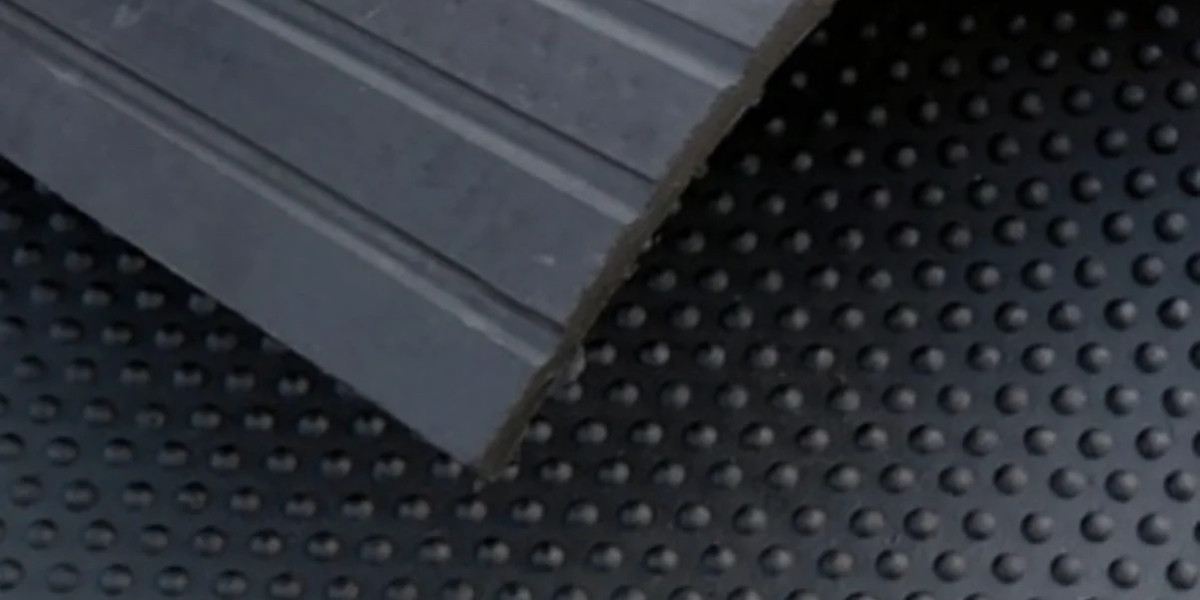Welcome to CPR with Dr. L, a trusted source of comprehensive CPR and first aid training. Our mission is to empower individuals and communities with the knowledge and skills necessary to act confidently and effectively during life-threatening situations. We firmly believe that being prepared to respond in emergencies can mean the difference between life and tragedy, and that’s why we’re here to equip you with the tools you need to become a confident lifesaver.
In this update, we will explore the duration of CPR certification and the requirements for renewal. A common question we encounter is, how long does CPR certification last Understanding the validity period and renewal process is essential for maintaining your readiness to handle emergencies and ensuring compliance with professional and regulatory standards.
Understanding CPR Certification
CPR (Cardiopulmonary Resuscitation) certification involves training in techniques to assist individuals experiencing cardiac arrest or other emergencies that impair breathing and heart function. The certification typically covers:
- Performing chest compressions
- Administering rescue breaths
- Using an Automated External Defibrillator (AED)
- Managing choking incidents
Completing a course from a recognized organization, such as the American Heart Association (AHA), the Red Cross, or CPR with Dr. L, ensures you are well-equipped with the skills and knowledge necessary to save lives.
How Long Does CPR Certification Last?
The duration of CPR certification varies depending on the certifying organization. Generally, CPR certification lasts for two years. This two-year period is designed to ensure that individuals regularly refresh their knowledge and skills to remain effective in emergency situations.
Why Two Years?
The two-year validity period is based on several considerations:
- Skill Retention: Over time, skills can fade. Regular recertification ensures that individuals retain a high level of proficiency in CPR techniques.
- Updated Guidelines: CPR guidelines are periodically updated based on the latest medical research. Regular recertification ensures that you are up-to-date with the most current and effective practices.
- Professional and Regulatory Compliance: Many professions require current CPR certification as a condition of employment. Regular recertification ensures compliance with these professional and regulatory standards.
Renewal Requirements for CPR Certification
To maintain your CPR certification, you must complete a recertification course before your current certification expires. Recertification courses are designed to be more concise than initial certification courses, focusing on refreshing your skills and updating you on any new guidelines.
Steps for Recertification
- Check Expiration Date: Keep track of when your current certification expires. This information is typically found on your certification card.
- Enroll in a Recertification Course: Register for a recertification course offered by a recognized organization. At CPR with Dr. L, we offer flexible and comprehensive recertification courses to fit your schedule.
- Complete the Course: Attend the recertification course, which will include both a review of CPR techniques and any updates to the guidelines.
- Receive Your New Certification: Upon successful completion of the recertification course, you will receive a new certification card valid for another two years.
Benefits of Recertification
- Enhanced Confidence: Regular practice and updates boost your confidence in performing CPR during emergencies.
- Compliance: Stay compliant with job requirements and professional standards.
- Updated Knowledge: Ensure you are using the most effective and current CPR techniques.
What if Your CPR Certification Expires?
If your CPR certification expires, you are no longer considered certified, which may affect your ability to perform CPR in a professional capacity and comply with job requirements. However, you can regain your certification by enrolling in a recertification course. Note that some organizations may require you to retake the full certification course if your certification has been expired for a significant period.
Tips for Keeping Track of Your Certification
- Set Digital Reminders: Use calendar apps or reminder tools to alert you several months before your certification expires.
- Employer Notifications: Check if your employer provides reminders and assistance with scheduling recertification courses.
- CPR with Dr. L Alerts: Opt-in for reminder notifications when you enroll in our training programs to receive timely alerts about your certification status and upcoming recertification courses.
Conclusion
Understanding "how long does CPR certification last" is crucial for anyone trained in lifesaving techniques. Generally, CPR certification lasts for two years, and regular recertification is essential to maintain proficiency, comply with professional standards, and be prepared for emergencies.
At CPR with Dr. L, we are dedicated to providing top-quality CPR and first aid training. Our mission is to equip you with the knowledge and skills to make a difference when it matters most. Stay prepared, stay confident, and stay certified with CP








